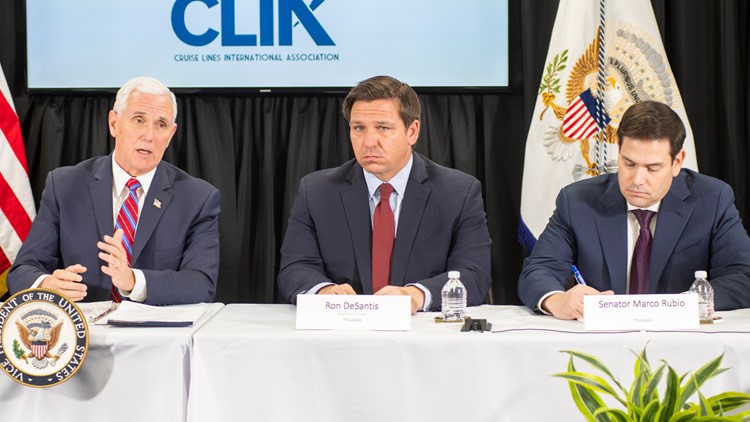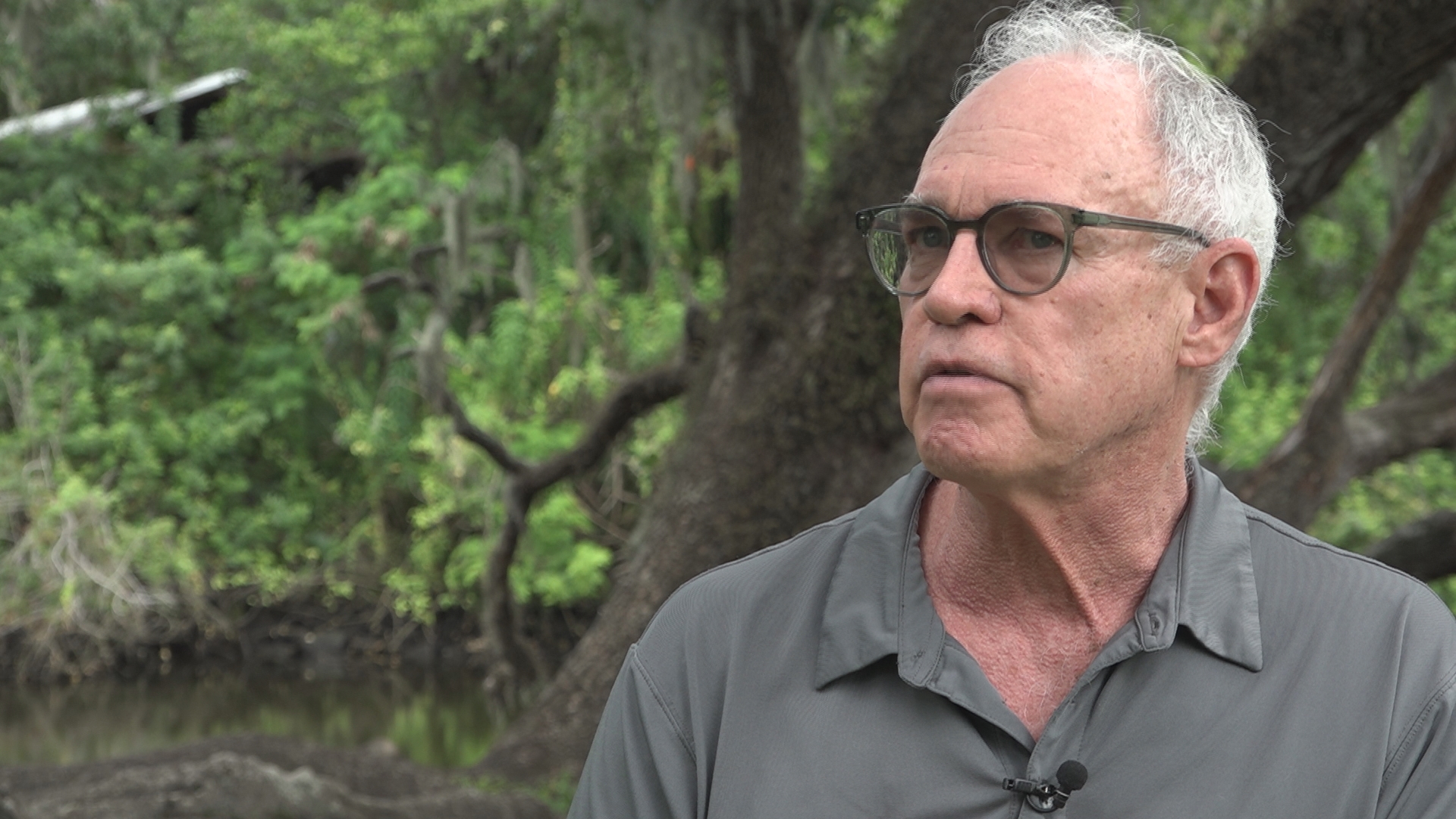TALLAHASSEE, Fla — UPDATE: After initially saying anyone who traveled internationally should self-isolate for two weeks, the Florida Department of Health has slightly walked back its initial advisory. The updated advisory now appears to be more directed at people who have traveled to certain countries and develop COVID-19 symptoms, which can include fever, cough and shortness of breath. Symptoms typically appear 2-14 days after exposure.
Updated story below:
The advice is simple, and health leaders certainly hope it will be effective; If you travel internationally and become sick, self-isolate for 14 days after returning home to the United States.
The Florida Department of Health is urging everyone who goes to certain countries and feels ill to stay away from other people when they get back – just in case they came in contact with COVID-19 on their trip.
Some other countries are seeing much higher rates of the virus, but numbers are rising across the U.S.
There are currently 18 confirmed cases in Florida.
The Florida Department of Health is urging people who recently traveled internationally to follow new CDC guidelines and do the following:
- LEVEL 3: If travelers went to China, Iran, South Korea or Italy: Medical officials are urging them to self-isolate themselves for two weeks and avoid going out in public or having close personal interactions. If they develop symptoms, they should immediately self-isolate and contact a local health department.
- LEVEL 2: If they traveled to Japan or took a cruise: Travelers should monitor their health and limit interactions with other people for two weeks after returning to the U.S. If travelers develop symptoms, they should immediately self-isolate and contact a health department.
COVID-19 is thought to spread primarily from person-to-person, usually when people are within about six feet of each other. The Centers for Disease Control and Prevention believes the virus is spread through respiratory droplets that are produced when infected people sneeze or cough. Those droplets can then be inhaled by somebody nearby.
It's possible that COVID-19 could be spread by touching surfaces or objects, but the CDC doesn't believe that's the main way it spreads.
There's not currently a COIVD-19 vaccine. So, the best way to prevent the spread of the illness is by avoiding close contact with people who are sick and regularly wash your hands.
If you live in Florida and have questions about the new coronavirus, contact the COVID-19 Call Center, which is available 24/7 at 1-866-779-6121.
Related coverage:
- Coronavirus in Florida: Latest updates
- A third Princess cruise ship kept at sea pending virus tests
- FDA warns companies to stop selling fraudulent products that claim to treat coronavirus
- Tampa Bay pediatricians changing check-ins for kids with fevers
- Publix limiting purchases of sanitizing supplies amid coronavirus concerns
- Publix limiting purchases of sanitizing supplies amid coronavirus concerns
- Regal Princess cruise ship docks in Florida after coronavirus test of two crew members
- Sen. Cory Booker back Biden, says he'll 'restore honor' to office
- Virginia lawmakers pass bill capping monthly costs of insulin to $50
- Man accused of murdering couple in their sleep arrested after manhunt
- Latest updates: Coronavirus in Florida
- Concerned about getting sick? Here's what you should eat to boost your immunity
FREE 10NEWS APP:





